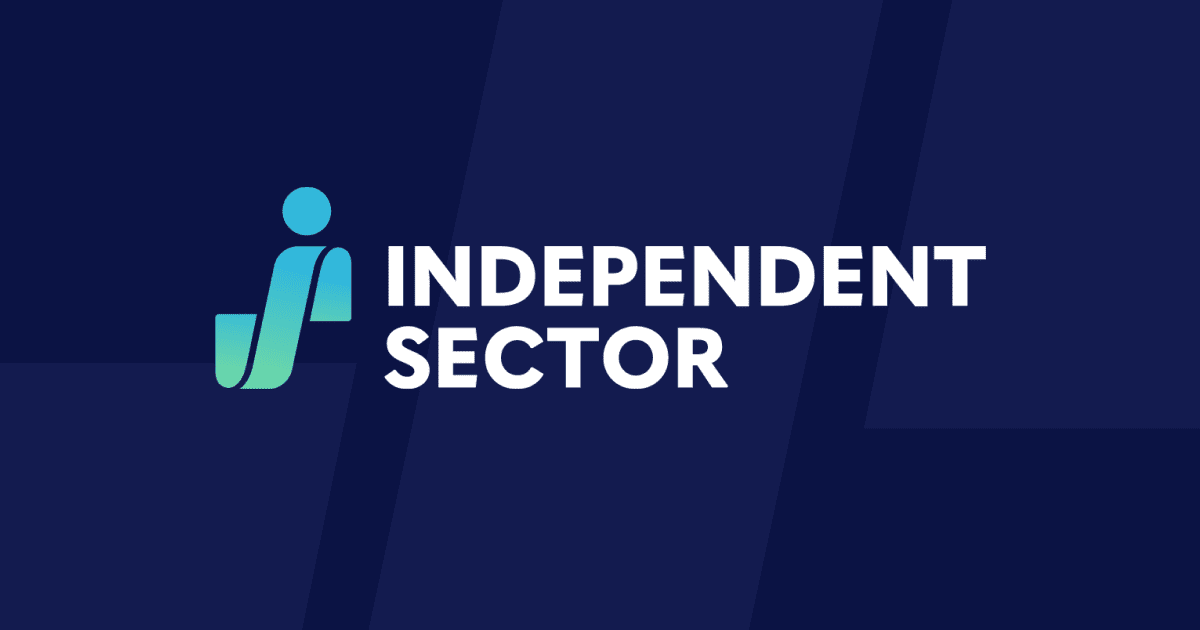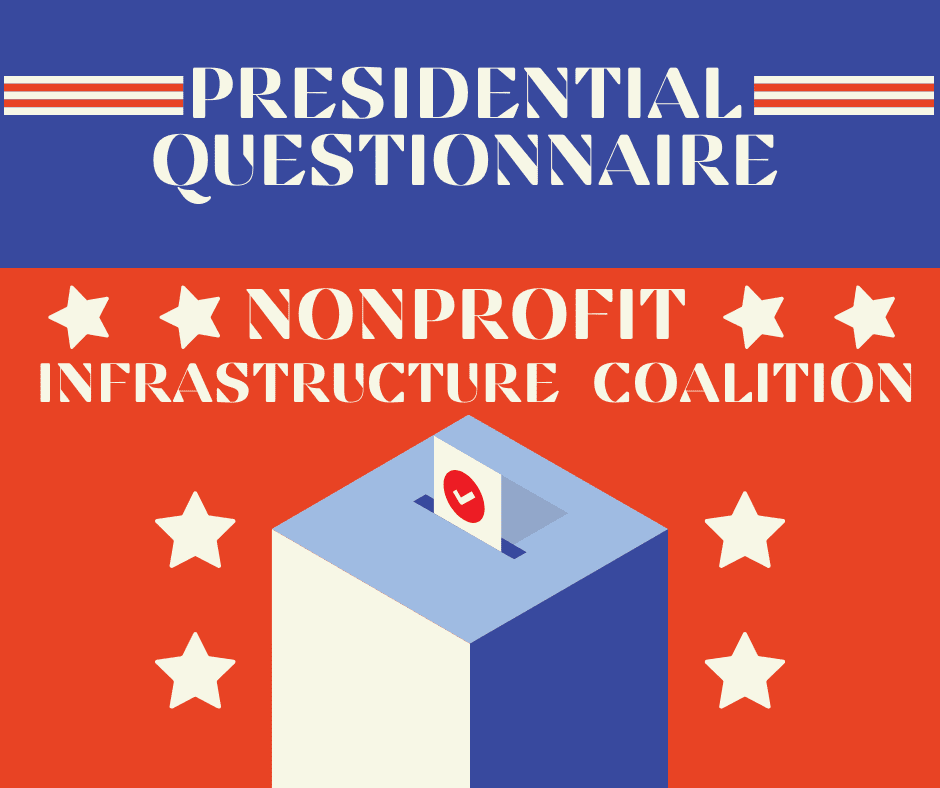The Families First Coronavirus Response Act (H.R. 6201) was signed by President Donald Trump on March 18. A congressional summary of H.R. 6201 can be found here.
The measure is the second emergency aid package that Congress approved amid the coronavirus outbreak. This legislation would provide affected individuals with paid sick and family leave and create tax credits for affected employers, expand food and nutrition services, allow for emergency state unemployment insurance grants, and increase Medicaid funding to states. The Joint Committee on Taxation estimates that the package will cost $104 billion.
On March 6, Congress approved a $8.3 billion emergency aid package, Coronavirus Preparedness and Response Supplemental Appropriations Act (H.R. 6074), which increased funding for testing of the COVID-19 virus and lower costs for related medical treatments.
Here is a summary of the provisions in the Families First Coronavirus Response Act (H.R. 6201) that are relevant to nonprofit organizations:
Paid Leave
- Emergency Paid Sick Leave Act: Private sector employers with fewer than 500 workers and all public sector employers would have to provide paid sick leave of 2 weeks for full-time employees and average hours for a two-week period for part-time employees due to an isolation or quarantine order or advisory, or experiencing symptoms; or caring for a family member or for a child whose school or place of care is closed due to a public emergency. Benefits are capped at $511 per day and $5,110 in the aggregate for those on leave because of their own health issue, or $200 per day and $2,000 in the aggregate to care for others. The Department of Labor is authorized to issue regulations to exempt small businesses with fewer than 50 employees. The bill’s definition of employer is intended to include nonprofit employers.
- Emergency Family and Medical Leave Expansion Act: Private sector employers with fewer than 500 workers and government entities would have to provide as many as 12 weeks of job-protected leave to employees to care for a child whose school or place of care is closed. The first 10 days could be unpaid, although a worker could choose to use other accrued leave. Employers would be required to pay employees two-thirds of their wages, not to exceed $200 per day and $10,000 in the aggregate. Since nonprofits are subject to the Family and Medical Leave Act, this provision of the bill would apply to nonprofit organizations. The Labor Department is authorized to issue regulations to exclude certain health care providers and exempt small businesses with fewer than 50 employees.
- Employer tax credits for paid sick and family and medical leave: Employers may claim a 100% refundable payroll tax credit on wages associated with paid sick and medical leave outlined in the bill as well as expenditures associated with additional health benefit contributions. Any additional wages paid due to the leave requirement are not be subject to the employer portion of the payroll tax. Nonprofit organizations are able to apply the tax credit to payroll taxes.
Unemployment Insurance
- Emergency Unemployment Insurance Stabilization and Access Act: This section provides $1 billion in 2020 for emergency grants to states for activities related to processing and paying unemployment insurance (UI) benefits, under certain conditions. This provision will provide financial support for nonprofit employees and constituents that are laid off during this public health emergency.
- Technical Assistance and Guidance for Short-Time Compensation Programs: The Secretary of Labor is required to provide technical assistance to states that want to set up work-sharing programs, in which employers reduce hours instead of laying employees off, and then employees receive partial unemployment benefits to offset the wage loss. According to the Act’s definition of employer this provision of the bill is intended to include nonprofit employers.
Food and Nutrition Services
The bill allocates $1 billion to provide nutritious foods to low-income pregnant women and mothers with young children, help food banks, and provide meals to seniors. It also protects students’ access to school meals in the event of school closures. These provisions benefit specific organizations as well as a broader cross-section of nonprofit constituents.
- The Special Supplemental Nutrition Program for Women Infants and Children (WIC): $500 million to provide access to nutritious foods to low-income pregnant women or mothers with young children who lose their jobs or are laid off due to the COVID-19 emergency.
- The Emergency Food Assistance Program (TEFAP): $400 million to assist local food banks to meet increased demand for low-income Americans during the emergency. Of the total, $300 million is for the purchase of nutritious foods and $100 million is to support the storage and distribution of the foods.
- Free & Reduced Lunch Assistance: A general provision that allows the Department of Agriculture to approve state plans to provide emergency SNAP assistance to households with children who would otherwise receive free or reduced-price meals if not for their schools being closed due to the COVID-19 emergency. In order to be eligible, the child’s school must be closed for no less than 5 consecutive days.
- Nutrition Assistance for U.S. Territories: $100 million for USDA to provide nutrition assistance grants to Puerto Rico, American Samoa, and the Commonwealth of the Northern Mariana Islands in response to the COVID-19 public health emergency.
- Senior Nutrition Program: $250 million for the Senior Nutrition program in the Administration for Community Living (ACL) to provide approximately 25 million additional home-delivered and pre-packaged meals to low-income seniors who depend on the Senior Nutrition programs in their communities. This funding will provide meals to low-income seniors who are home-bound; who have disabilities; who have multiple chronic illnesses; as well as caregivers for seniors who are home-bound. ACL’s Senior Nutrition grants are provided to States, territories, and eligible tribal organizations and serve more than 2.4 million individuals annually.
Medicaid
- Increase in Medicaid funding: Temporarily increases Medicaid Federal Medical Assistance Percentage (FMAP) to 6.2% if states meet certain requirements for coverage of COVID-19, an increase in Medicaid allotments for the territories for FY2020 and FY2021, and a state option to provide coverage for the detection of the virus for uninsured individuals with 100% FMAP for these purposes.
For additional information, please feel free to contact publicpolicy@independentsector.org.



